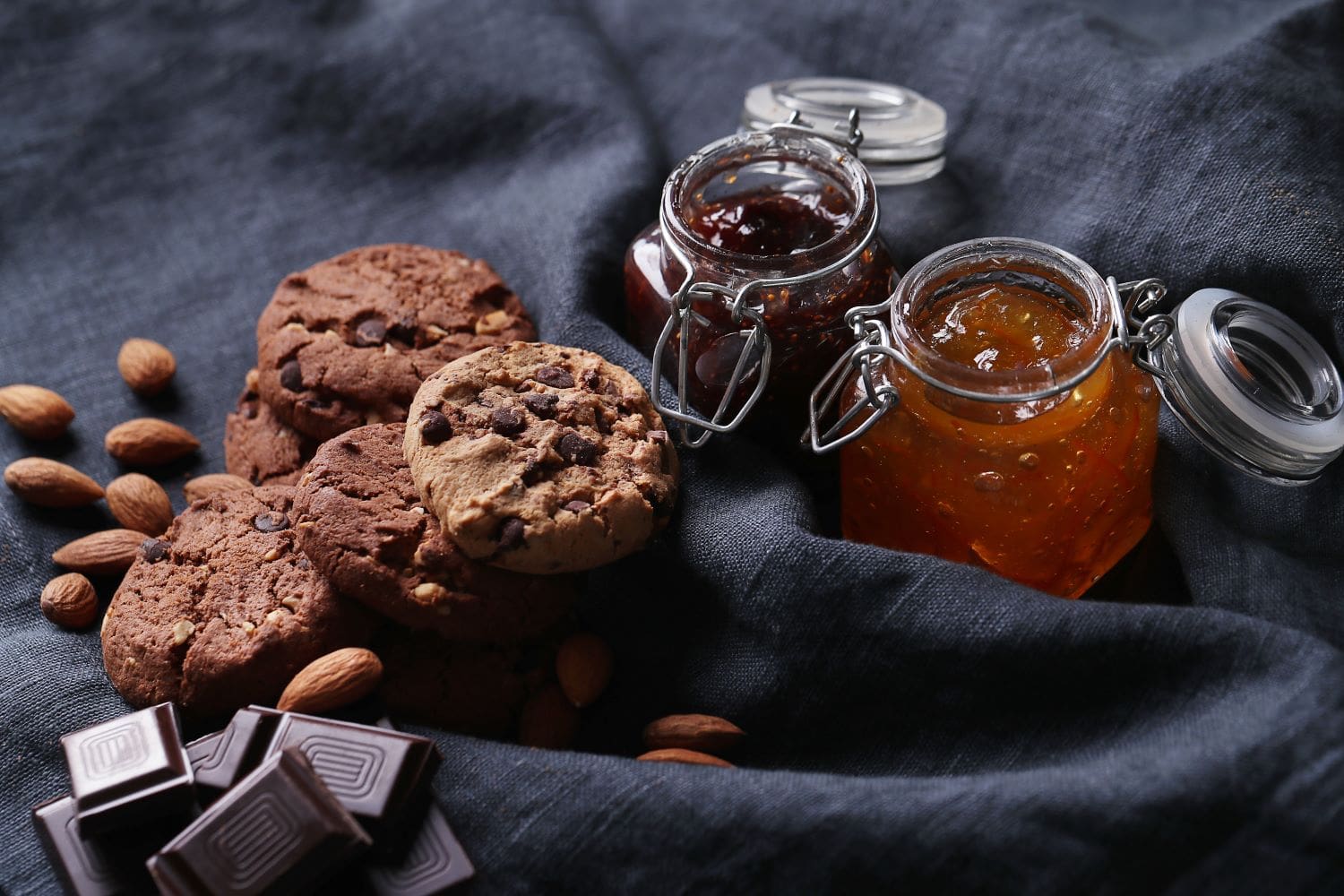The sweet indulgence of desserts is under threat as the global cost of sugar skyrockets to its highest level since 2011. This surge is a result of an extreme dry spell in India and a severe drought in Thailand, the two largest sugar exporters after Brazil. The repercussions are already cascading down to affect chocolate, sweets, and other dessert products globally.
Rising global temperatures, expected to confirm 2023 as the hottest year ever recorded, are fueling droughts and extreme weather events, directly impacting food yields, including sugar.
US consumers experienced an 8.9% rise in sugar and sweets prices in 2023, with a further 5.6% increase expected this year, according to the US Department of Agriculture, well above historical averages. In November, Mondelēz, the conglomerate behind brands like Cadbury, Oreos, and Toblerone, warned of impending price hikes due to the soaring costs of sugar and cocoa.
Dirk Van de Put, the CEO of Mondelēz, stated that a “straightforward price increase” for consumers is inevitable. Climate economist Gernot Wagner from Columbia University emphasized that while large corporations may have various motivations for price increases, the underlying threat posed by climate change cannot be denied.
“Extreme weather is affecting food – a year ago it was avocados, now it’s sugar,” Wagner said. “Climate-flation is a thing and it’s getting worse. It’s convenient for the owner of Oreos to point to climate change for a price increase but it’s also understandable.”
The challenges in sugar production are further complicated by threats of export limits from sugar-producing countries and port bottlenecks in Brazil, restricting exports. Regulations affecting sugar prices and imports in the US may mitigate immediate impacts on consumers compared to other countries, but developing nations and subsistence farmers are expected to bear the brunt of this crisis.
Joseph Glauber, a senior research fellow at the International Food Policy Research Institute, highlighted concerns about affordability. While high-income countries may face increased food costs, the impact will be dramatically more severe in countries where 40% of expenditures are on food.
Adding to the complexity, studies indicate that global heating could severely impact rice production in countries like China, while the global production of corn could decline by 24% by 2030. Changes in temperature and rainfall patterns could create new opportunities for crops like wheat in regions such as Russia and Canada.


A working paper by the European Central Bank warns of a potential 3% annual worldwide food inflation by the 2030s if major adaptive measures are not implemented. Gernot Wagner stressed that the ongoing sugar price shock is a reminder that previous assumptions about food production must be reconsidered.
“Our food crops are optimized for how the weather has been for the last 10,000 years – a relatively stable climate that we are now leaving,” he said. “Some major food crops won’t decline linearly as temperatures increase – they will fall off a cliff due to extreme weather days. I’m less worried about a big food conglomerate making Oreos more expensive than I am about consumers on the margins and poor subsistence farmers who will have their lives and livelihoods wiped out.”
As the sugar crisis unfolds, it underscores the urgent need for global collaboration to address the broader implications of climate change on food security. The adaptation of agricultural practices and the development of sustainable solutions are crucial to ensuring a stable and affordable food supply for all.
Featured image credit: Freepik




